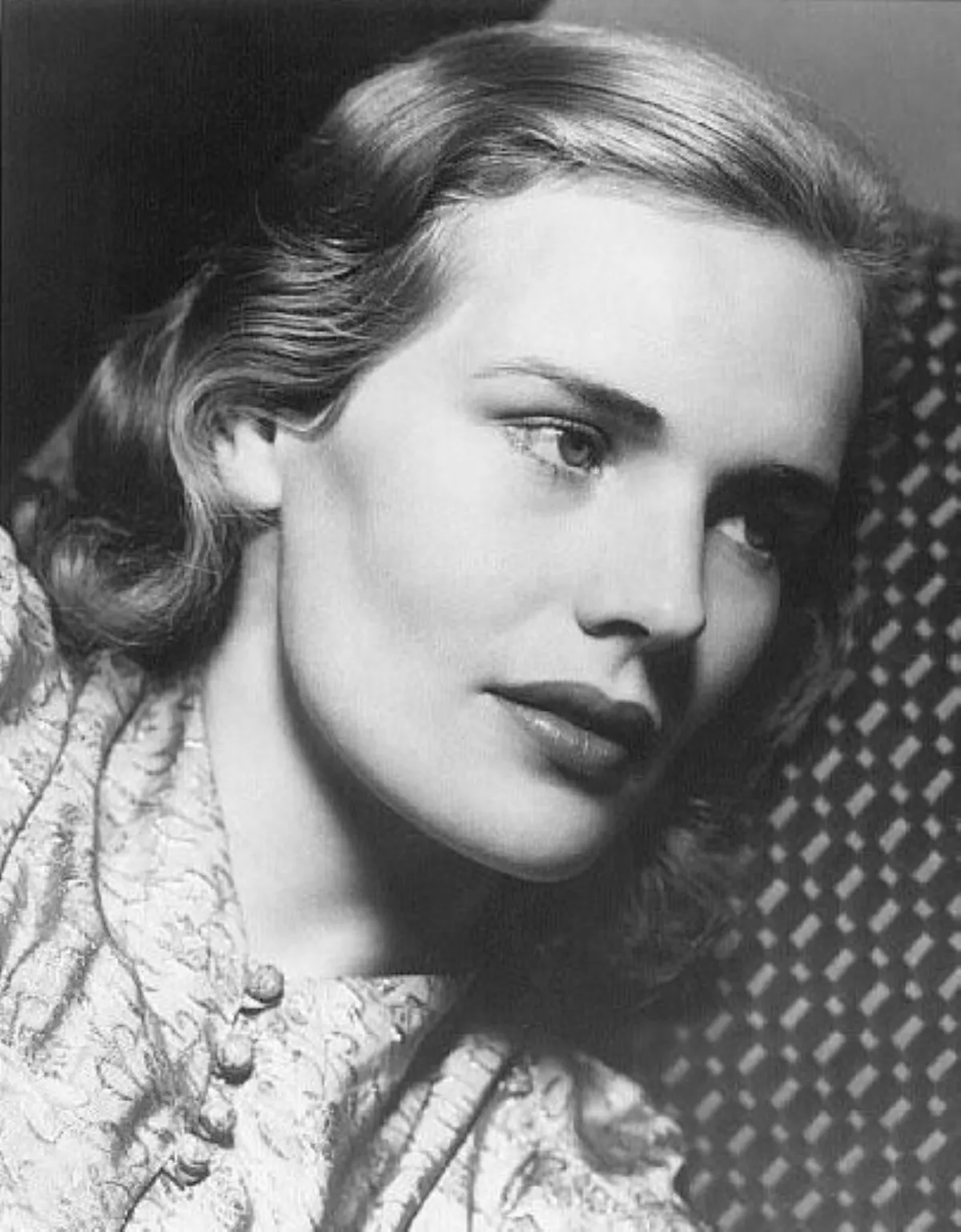 1.
1. Frances Farmer appeared in over a dozen feature films over the course of her career, though she garnered notoriety for sensationalized accounts of her life, especially her involuntary commitment to psychiatric hospitals and subsequent mental health struggles.